Meta's smart glasses journey hit a pivotal moment in 2025, with second-generation Ray-Ban smart glasses becoming a strong commercial performance for smart glasses. The timing makes it especially compelling. With Mark Zuckerberg estimating that always-on contextual AI could arrive in under five years, these glasses feel less like an incremental upgrade and more like a stake in the ground.
They are Meta's opening move in what is shaping up to be the defining smart glasses battle of 2025. The Gen 2 model costs $379, up from the first generation's $299. Is the extra $80 worth it for anyone serious about wearable AI? Yes, and here is why.
What this means for the wearable computing future
Meta's Gen 2 smart glasses are not just iterative tweaks. They show that AI wearables can be useful today while laying the track for a bigger shift tomorrow. Zuckerberg stated that "we've been working on glasses for over 10 years at Meta, and this is one of those special moments," and the market seems to agree. Meta has sold around two million pairs since October 2023, with a sales trajectory similar to some of the most popular consumer electronics.
The challenge for Samsung and Google is not only matching specs. It is catching up to the momentum Meta built with the Ray-Ban partnership and early adoption. Meta gets fashion credibility and retail reach. Google's Android XR approach counters with ecosystem depth that may be more compelling for people already living in Google services.
If you are deciding where to land, weigh your priorities. Meta offers a refined, fashion-forward experience that works right now. Google and Samsung's Android XR path promises tighter ties to your phone and apps. Early adopters may lean Meta. Those who want seamless smartphone integration may wait for Google's platform.
The winner, for once, looks like consumers. Whether you pick Meta's Ray-Ban route or hold out for Google and Samsung's Android XR alternative, one thing is clear: contextual AI companions are arriving faster than most predicted, and 2025 will shape how we interact with technology for the next decade. We are not just talking about better phones. We are entering the early days of ambient computing that fades into the background of everyday life, as natural as putting on a pair of glasses.




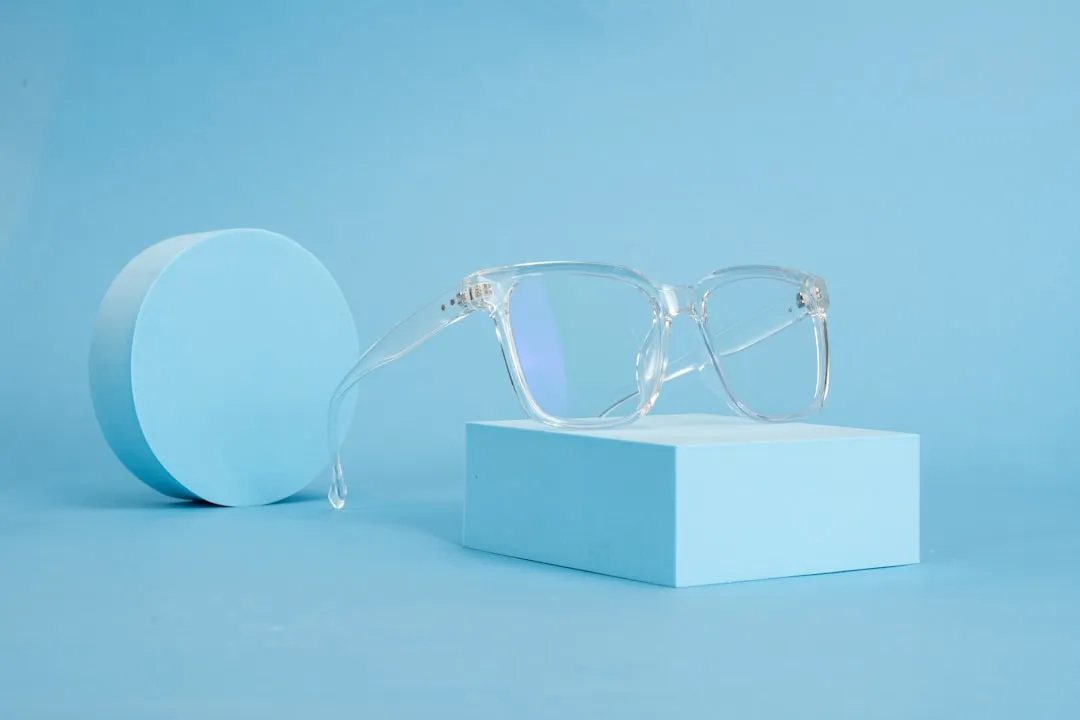











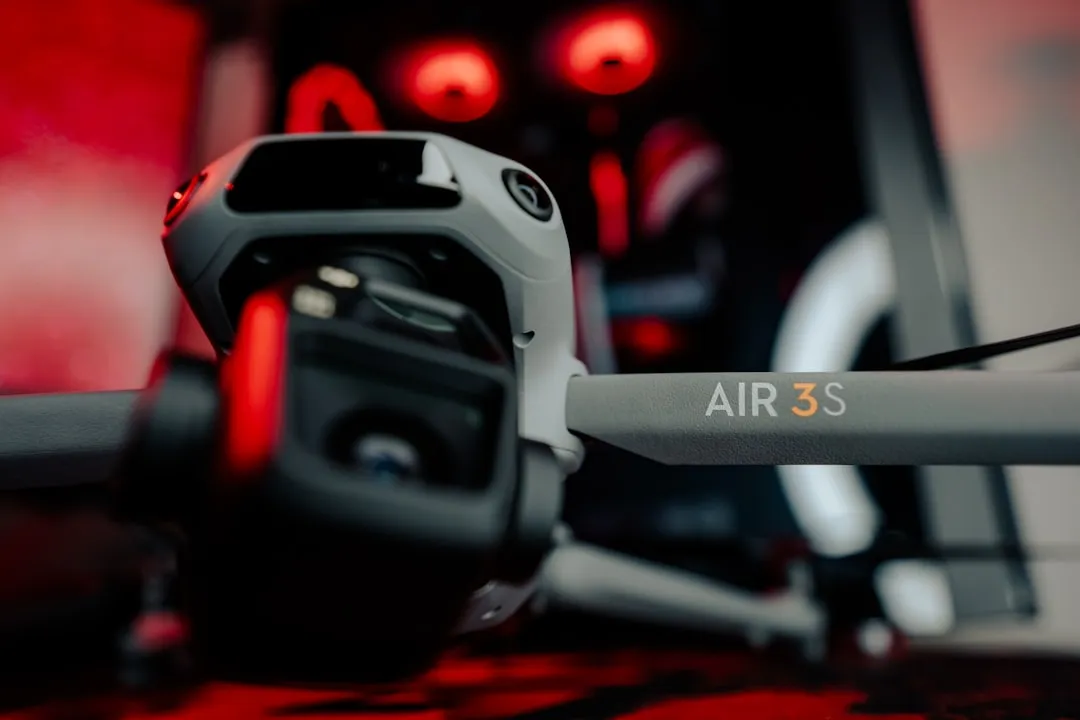

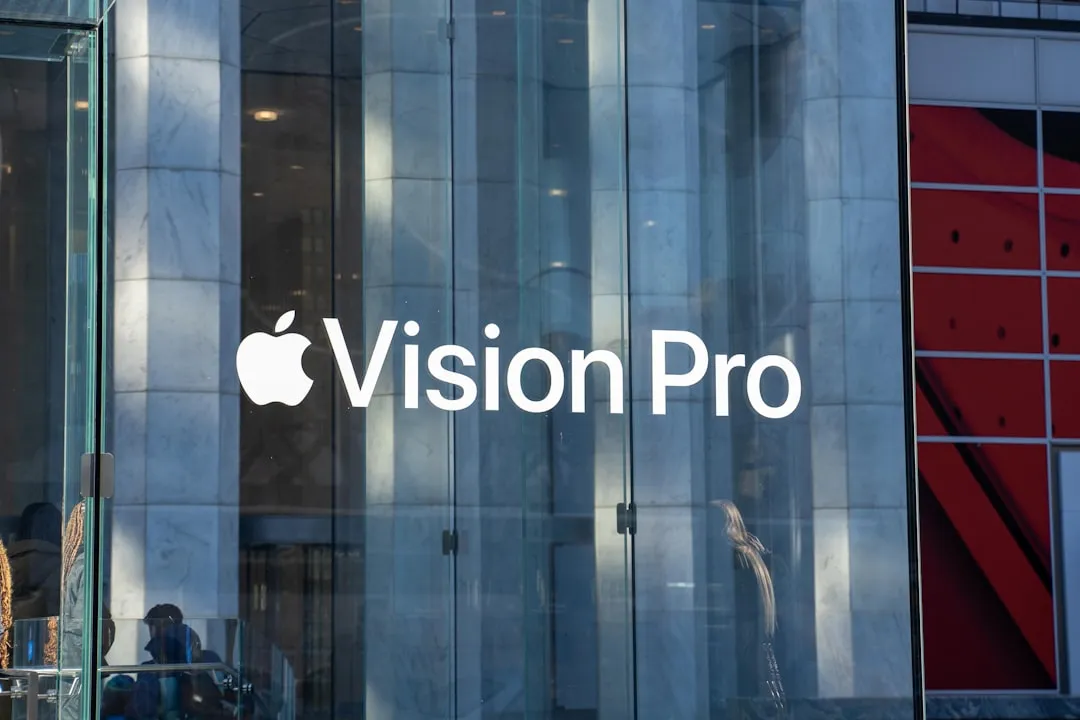
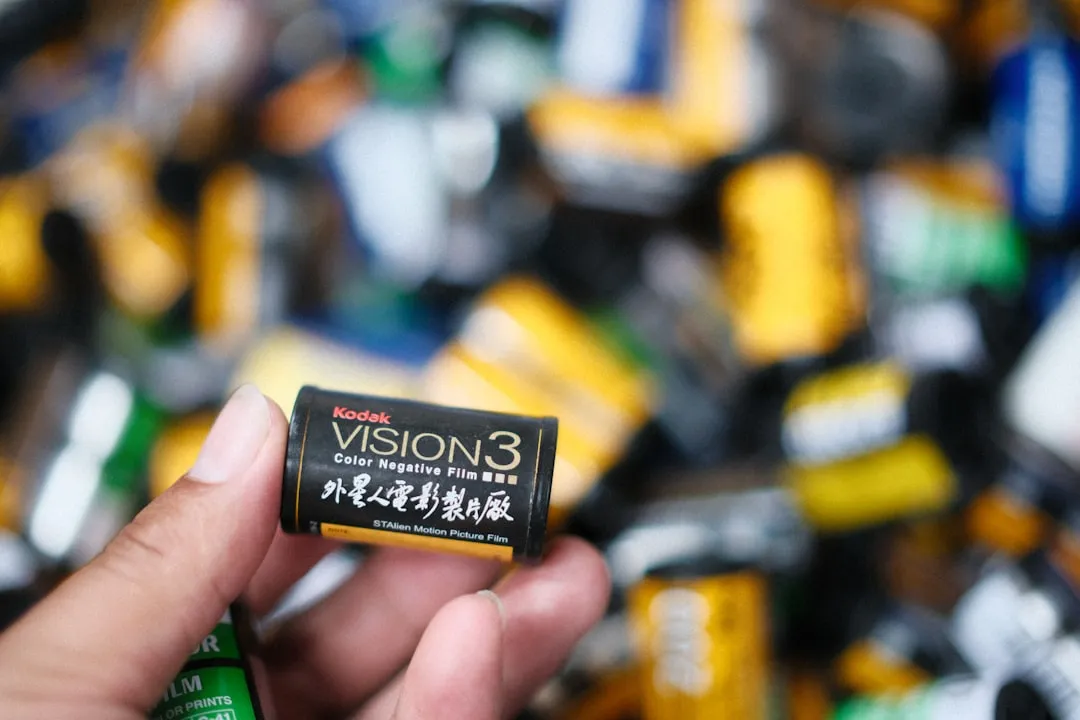
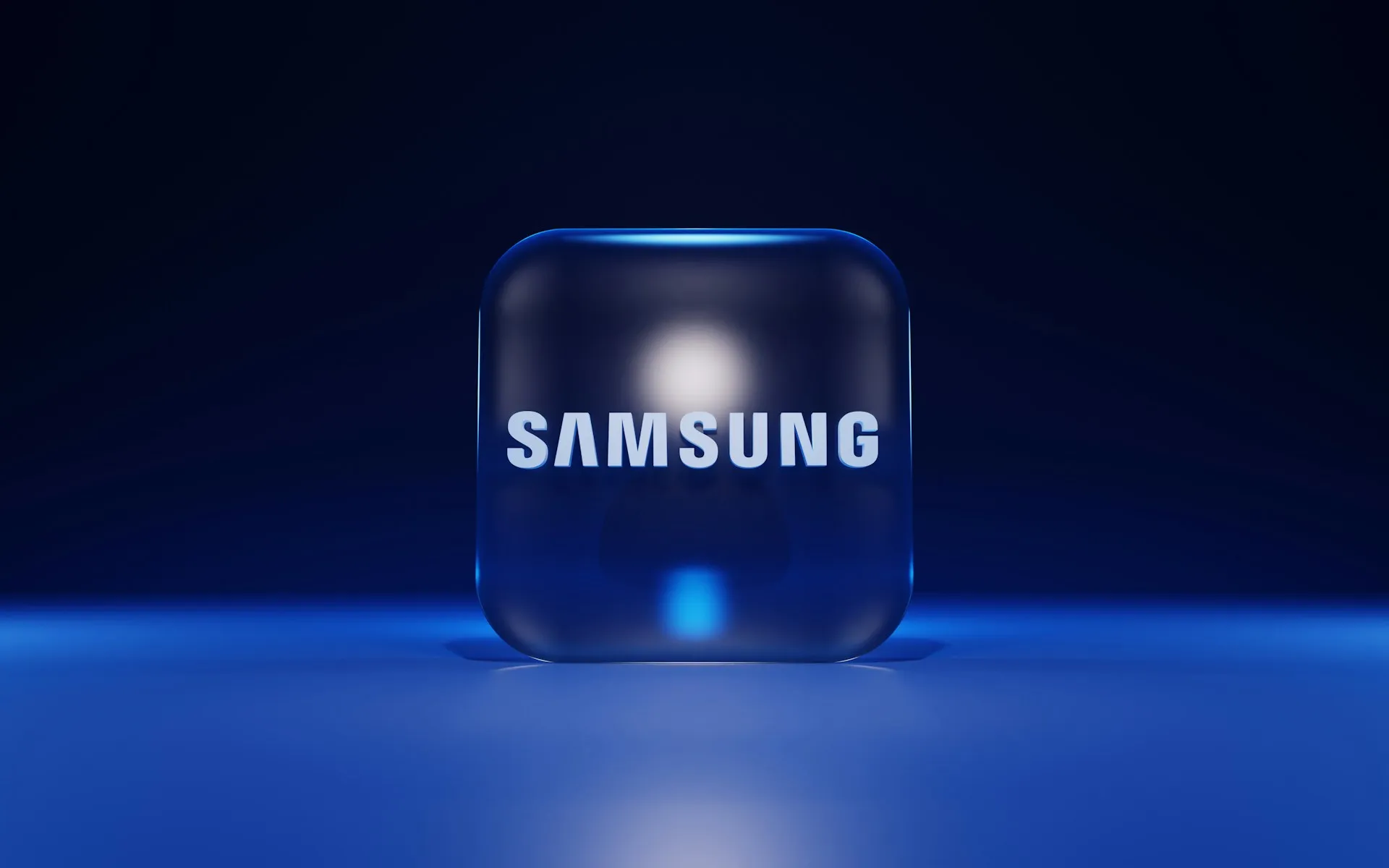

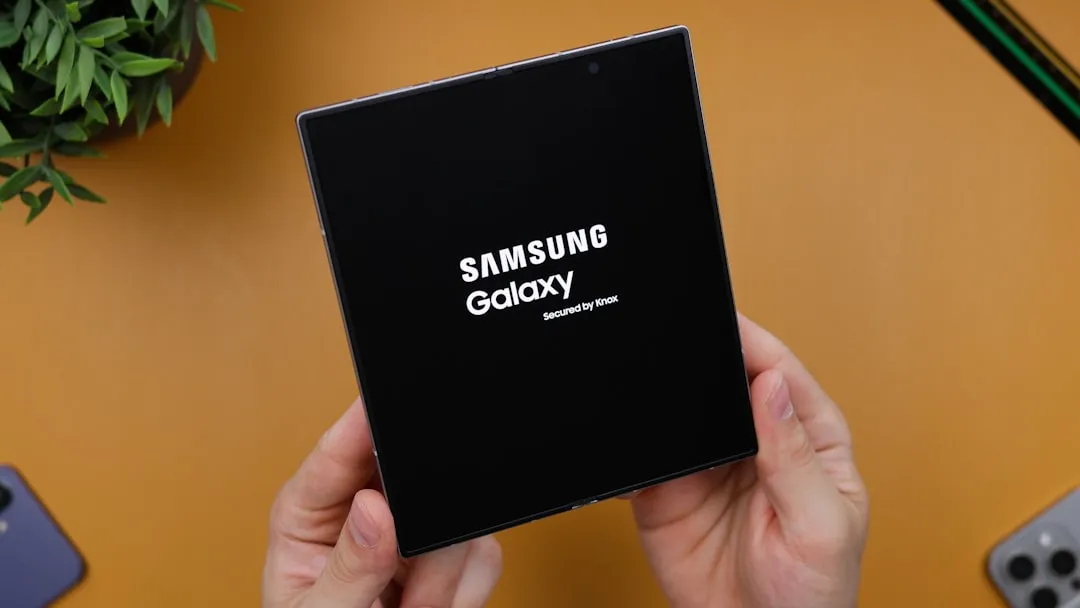

Comments
Be the first, drop a comment!